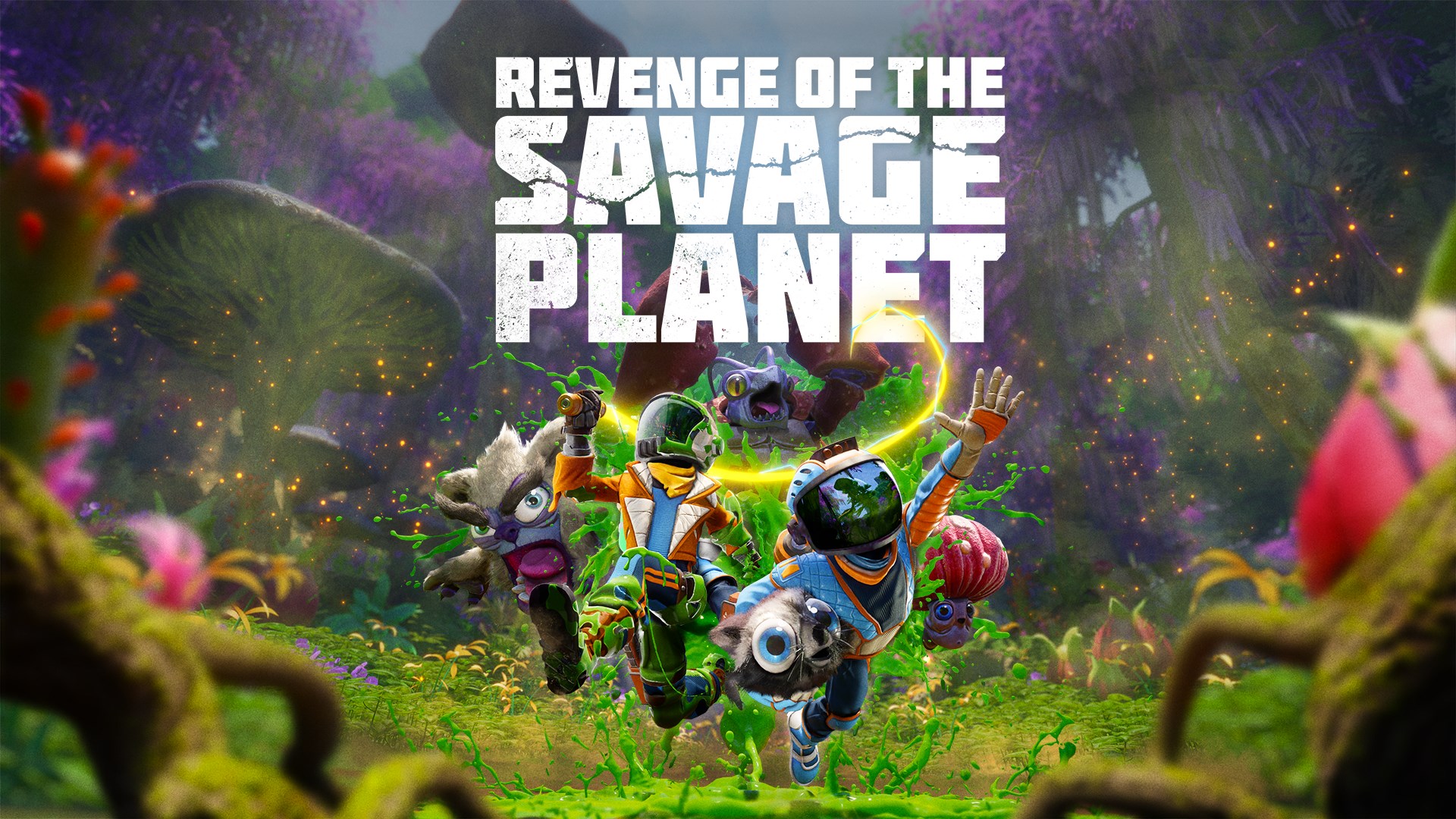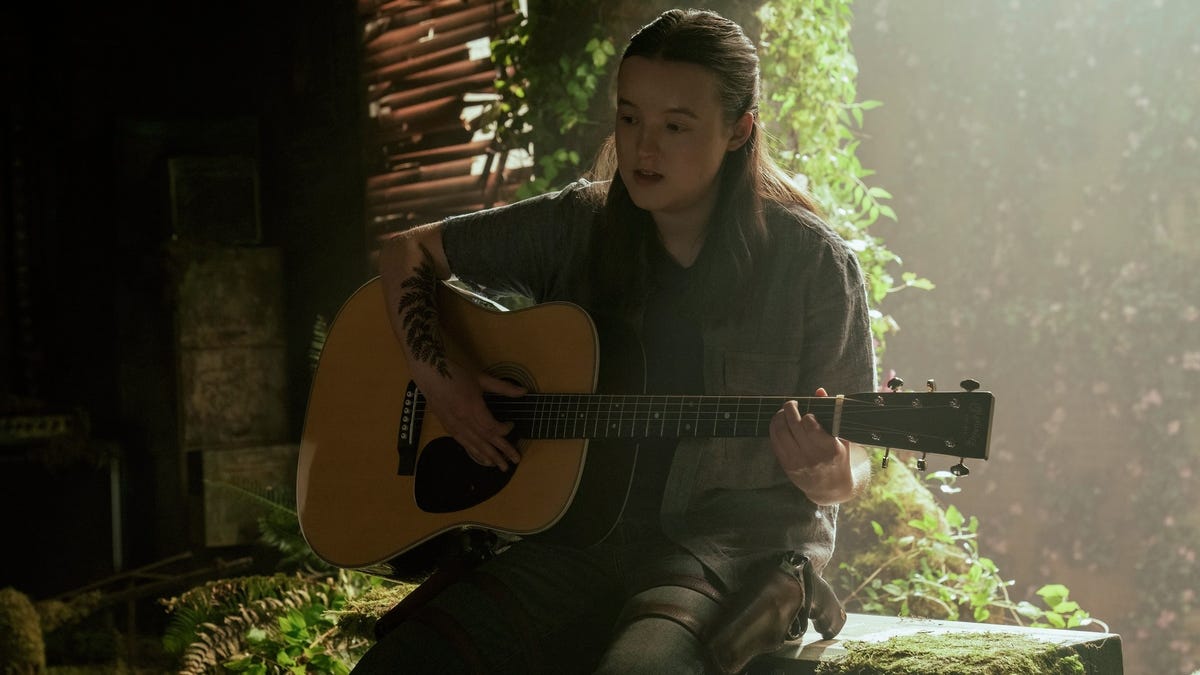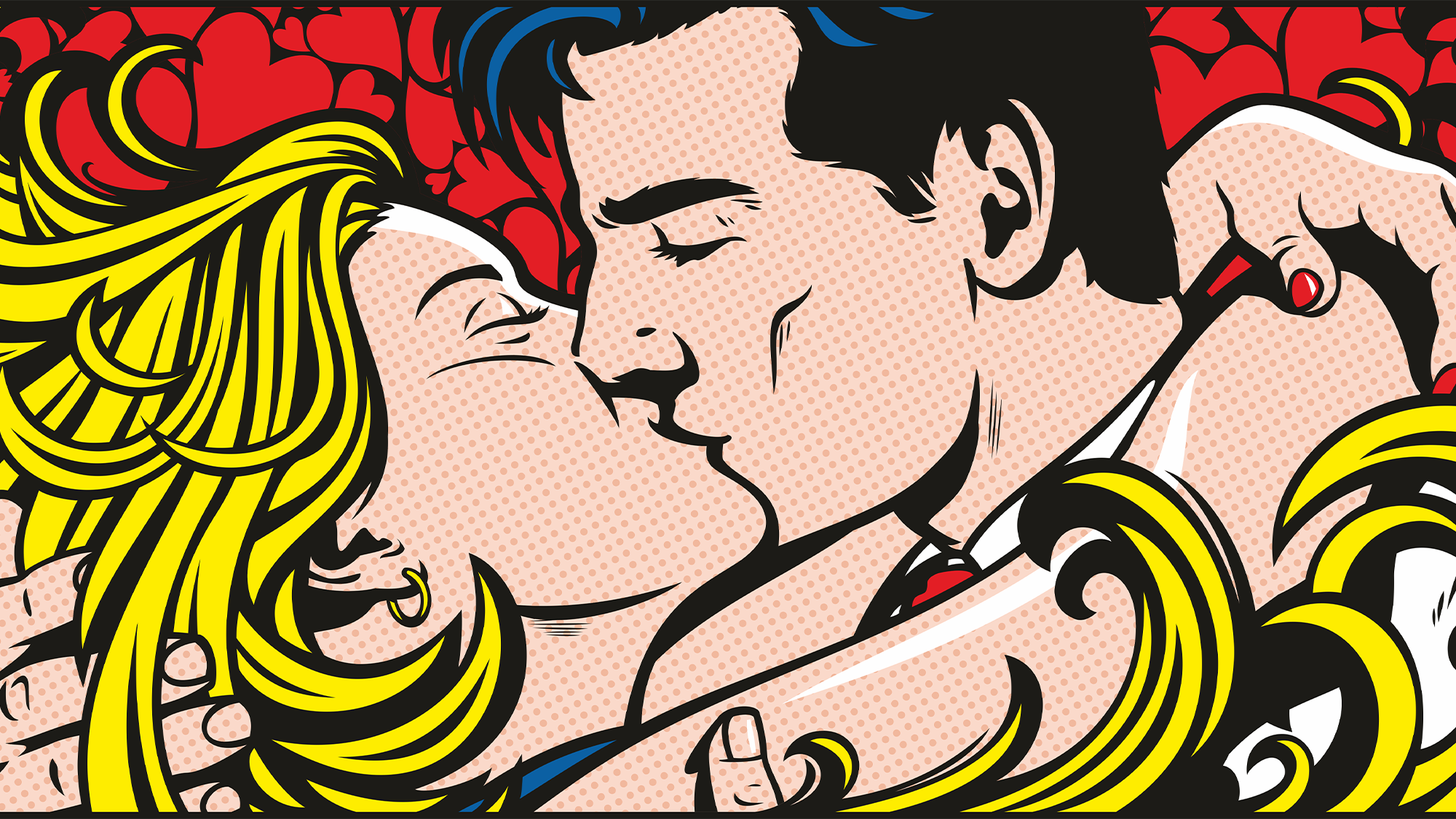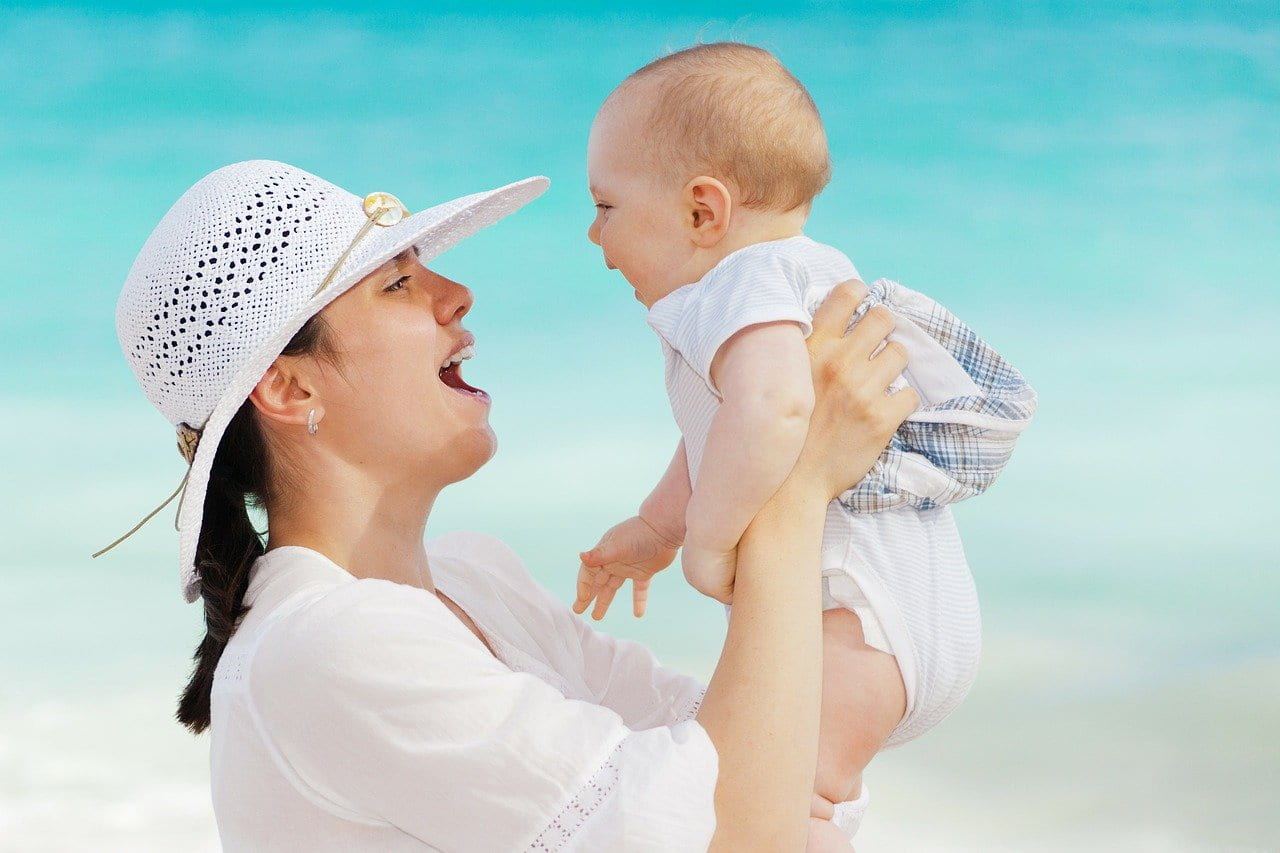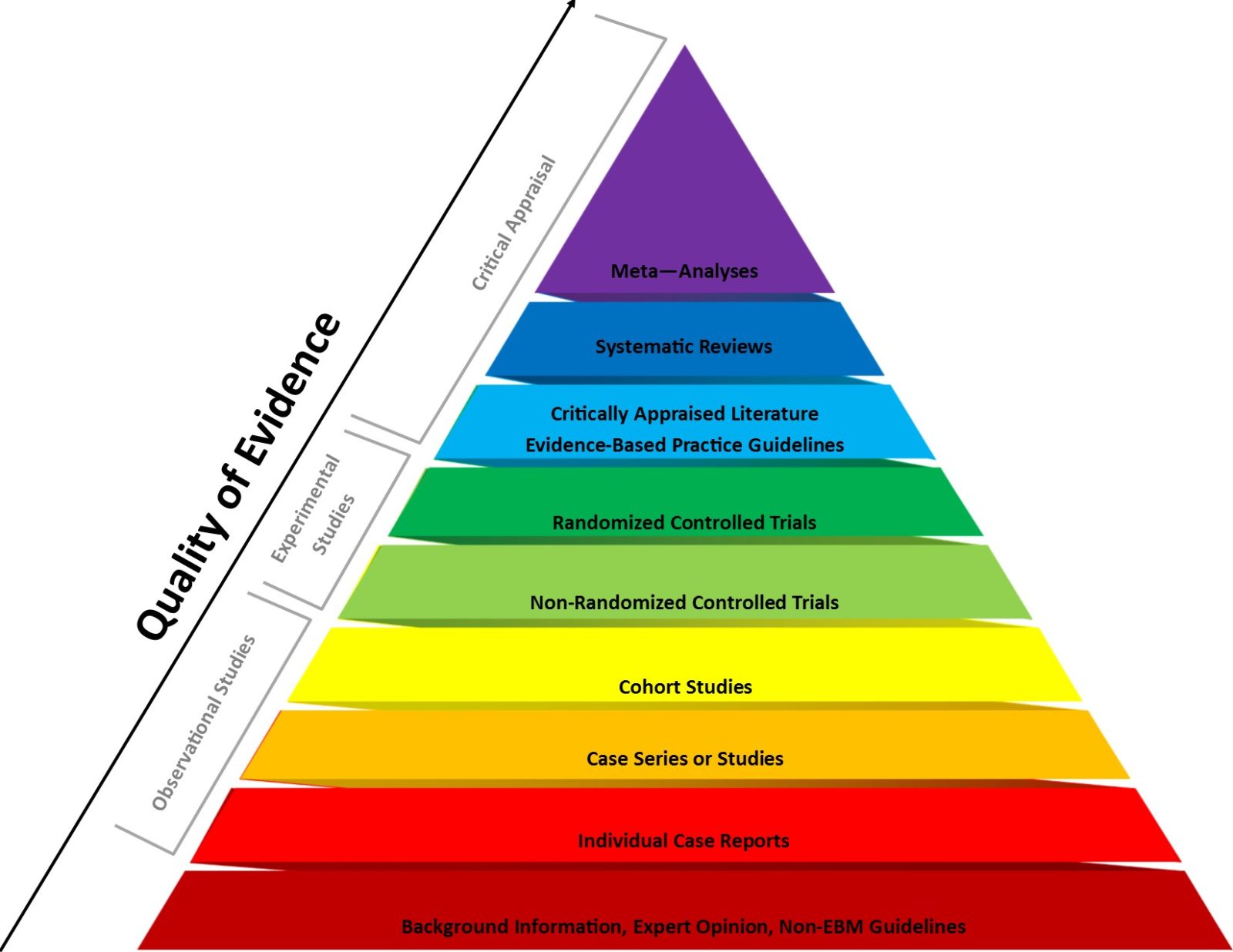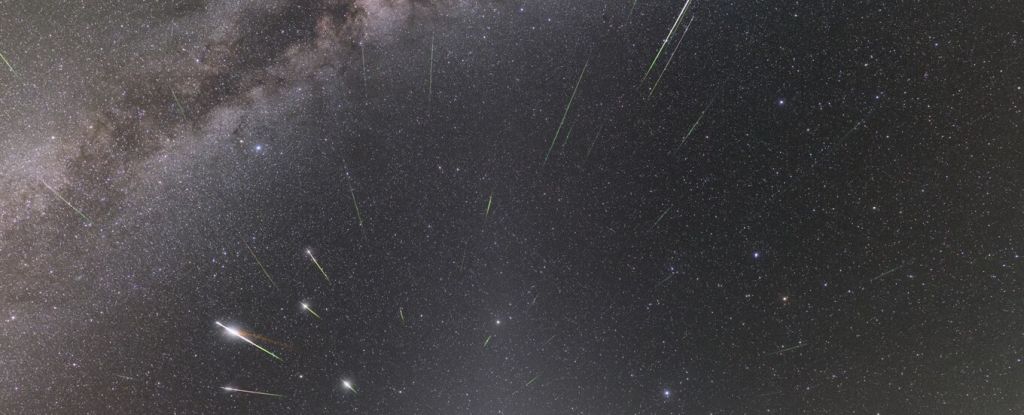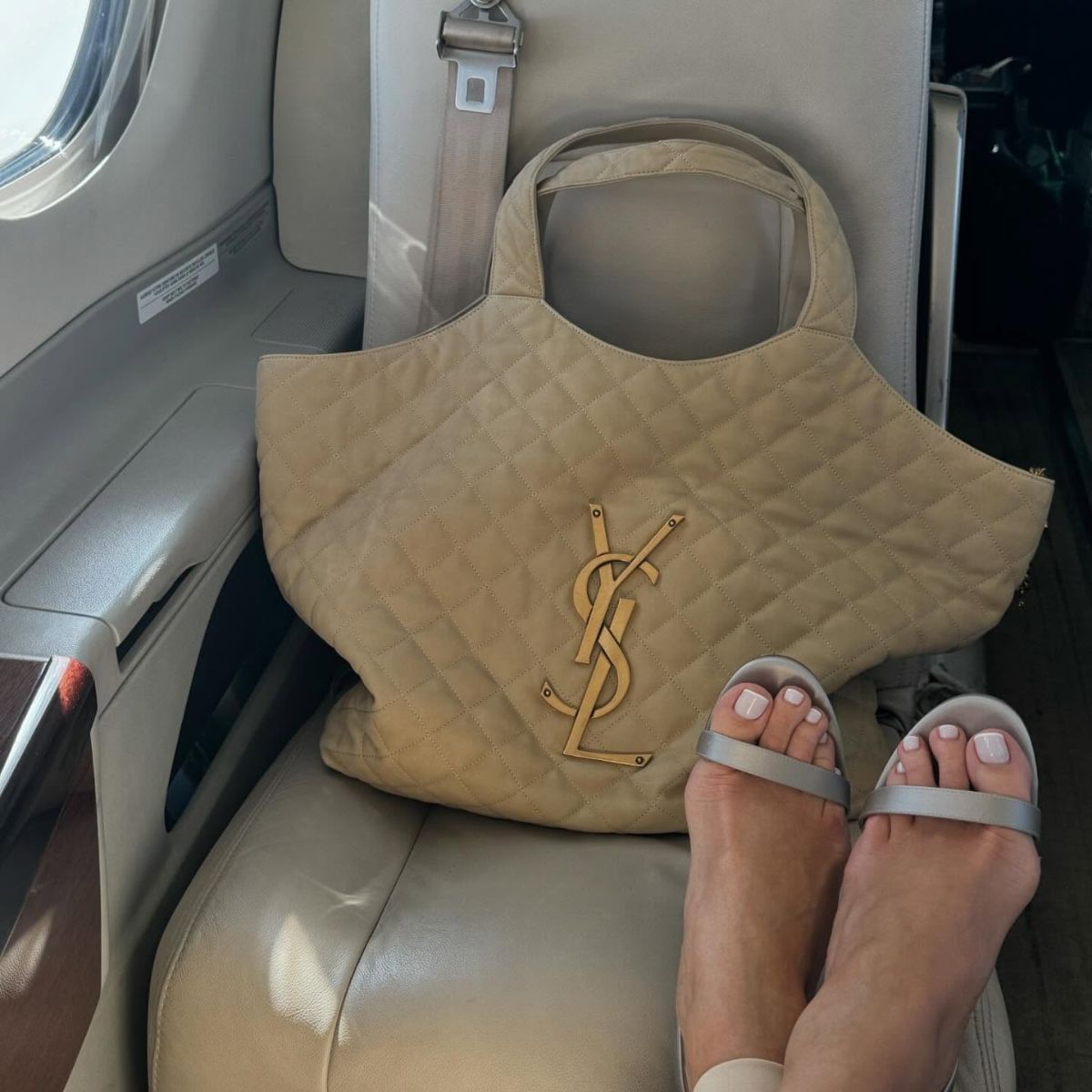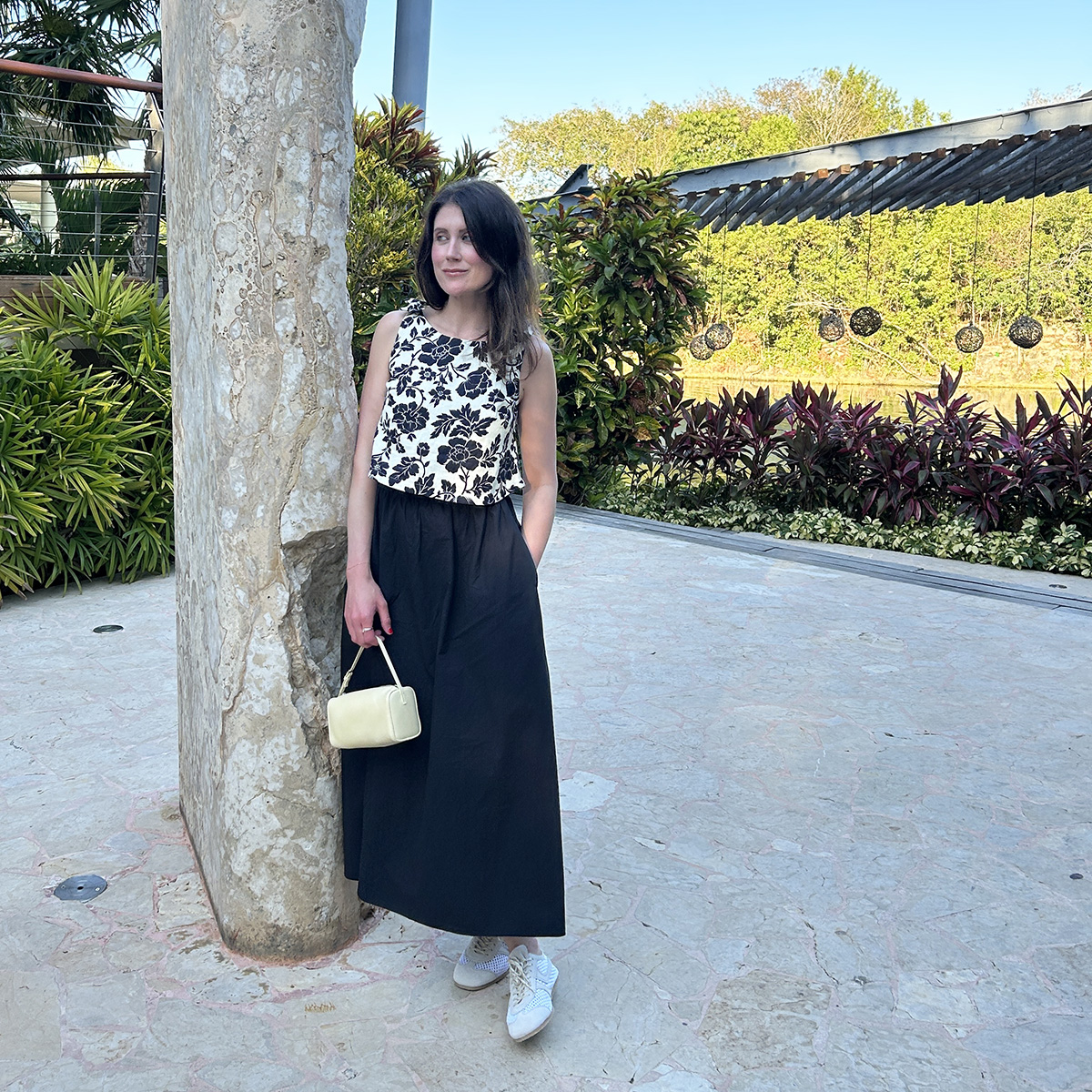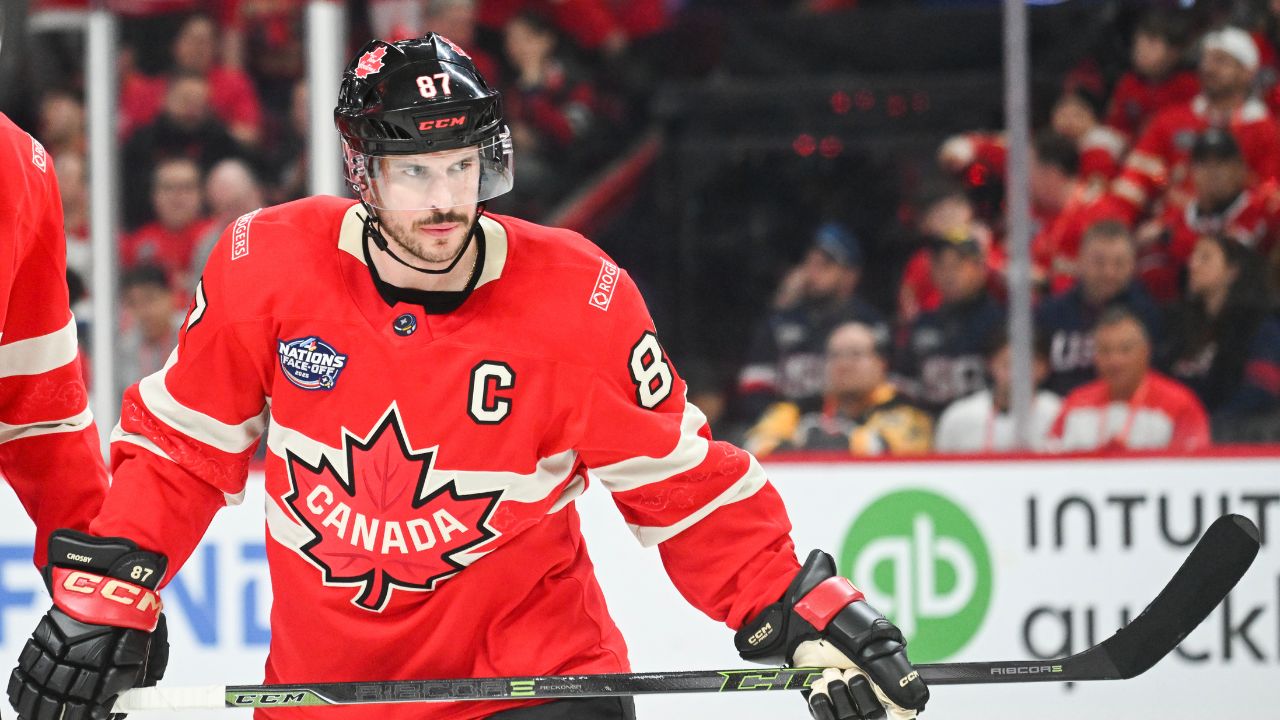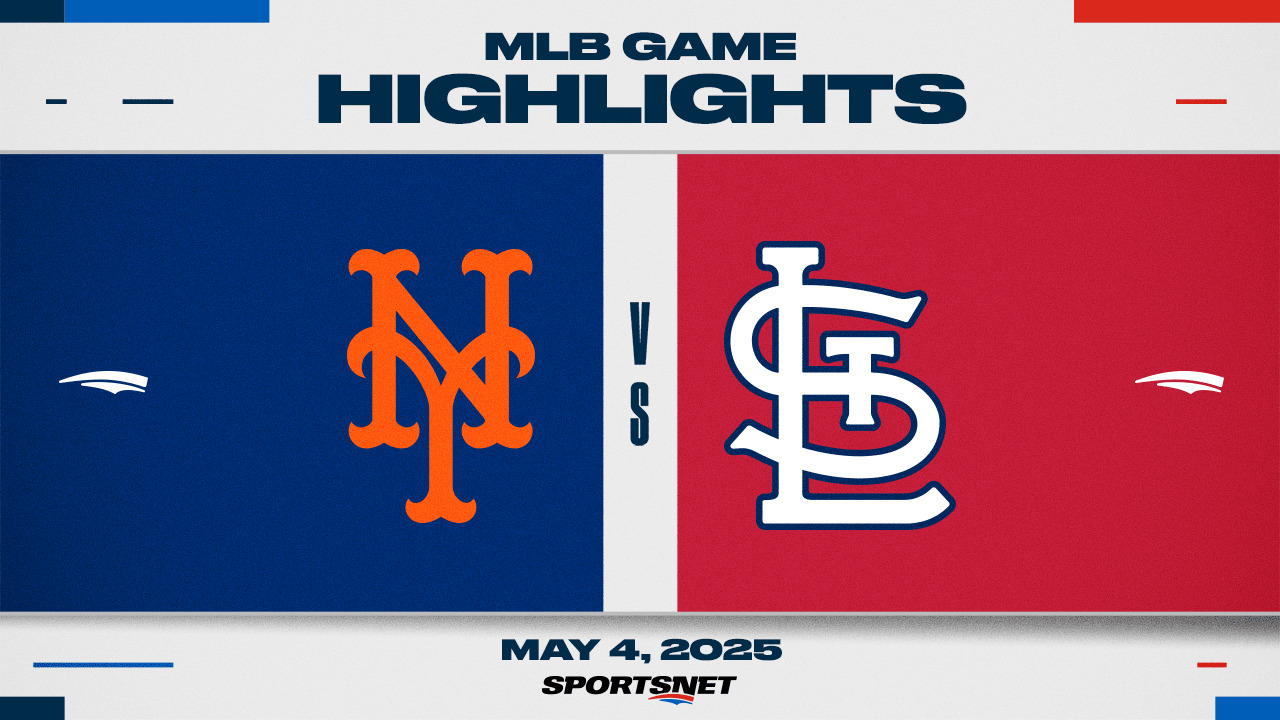PBS CEO: New children's programming will 'skid to a halt' under Trump order
PBS CEO Paula Kerger said new children’s programming will "skid to a halt" if the government moves ahead with President Trump's attempt to cut federal funding for public broadcasting. Kerger and NPR CEO Katherine Maher joined “Face the Nation” on Sunday, where they spoke about Trump’s order from Friday that seeks to cut funding from...

PBS CEO Paula Kerger said new children’s programming will "skid to a halt" if the government moves ahead with President Trump's attempt to cut federal funding for public broadcasting.
Kerger and NPR CEO Katherine Maher joined “Face the Nation” on Sunday, where they spoke about Trump’s order from Friday that seeks to cut funding from the two public broadcasters.
“You're not going to turn on your TV set and not see our children's programming anymore, but if that funding is cut off, we have programs in development right now, and that will suddenly skid to a halt,” Kerger said.
“We also have stations around the country that work directly with preschool providers and parents, and this funds those activities, so the immediate impact would be fairly significant,” she continued.”
Kerger said that while Trump and Republicans have threatened to cut PBS funds in the past, this time it’s different. She said the broadcasting organizations are going to be pushing back, including through potential legal challenges, because their public television and radio stations are at risk.
Just 15 percent of PBS funding comes from the federal government, but that's an aggregate number. Some stations in smaller communities have 40 to 50 percent of their budget from federal funds. For them, Trump’s order is “existential” if funding does go away, Kerger said.
Kerger also highlighted the children that will be impacted by this order.
“Out of this executive order, we believe it impacts our funding out of the Department of Education, which is a 30-year program that has supported not only the creation of many of the children's programming that you see on public television, but also the research that we do to ensure that that programming is not just safe and enjoyable, but the children after watching come away with understanding of basic letters and numbers,” she said.
“Half the kids in this country are not enrolled in formal pre-K. That's why programming for children on public television was created,” Kerger continued. “That was the idea with 'Sesame Street' and Mr. Rogers and everything that's followed since, is to make sure that children that do not have access to a full array of resources have the opportunity to learn.”






















